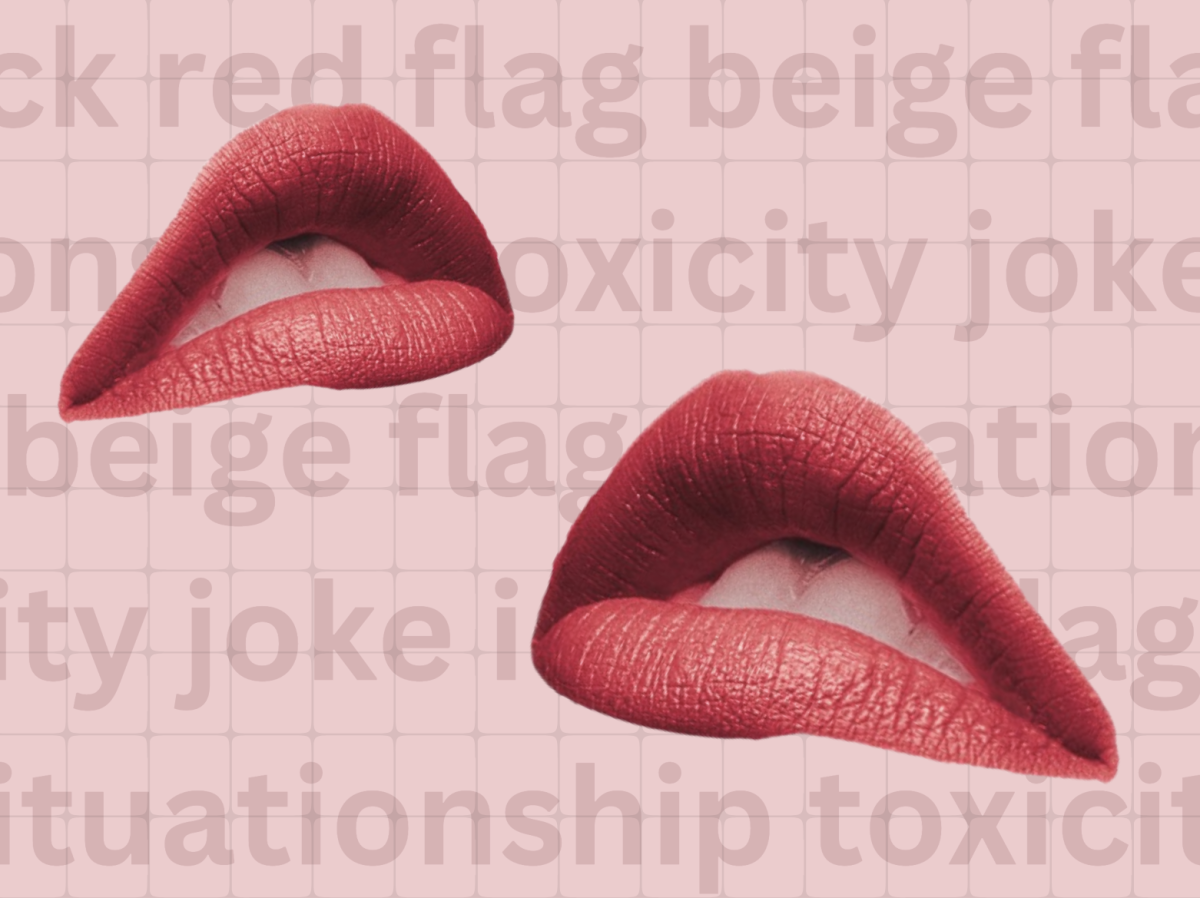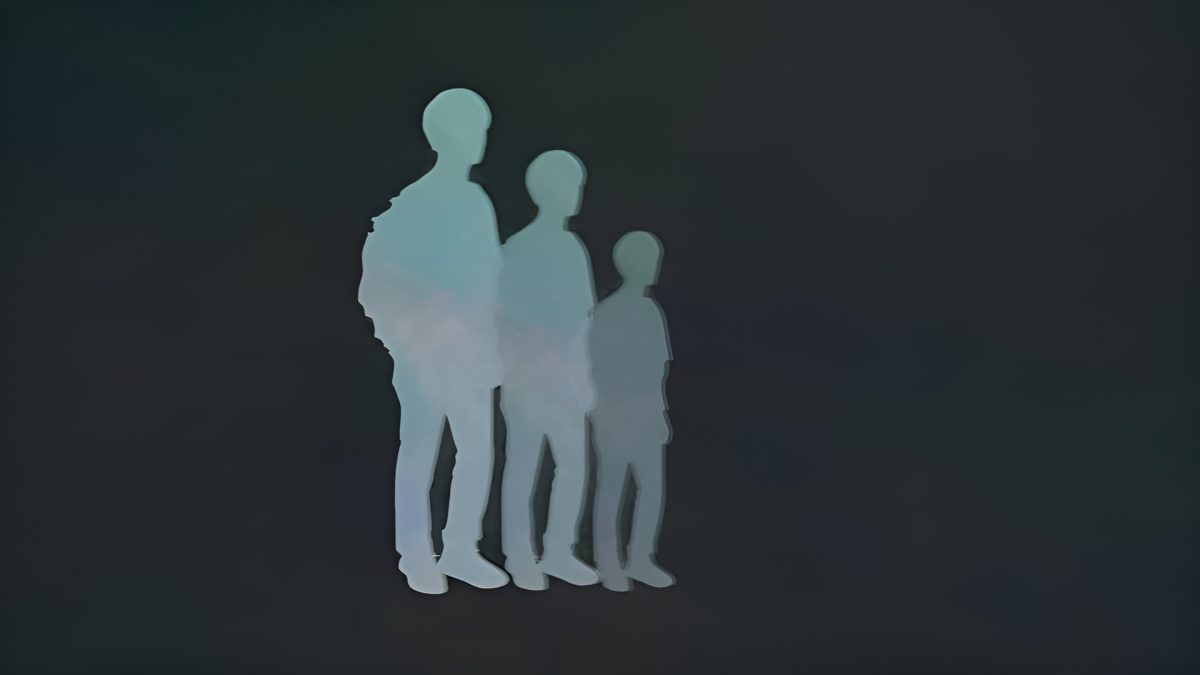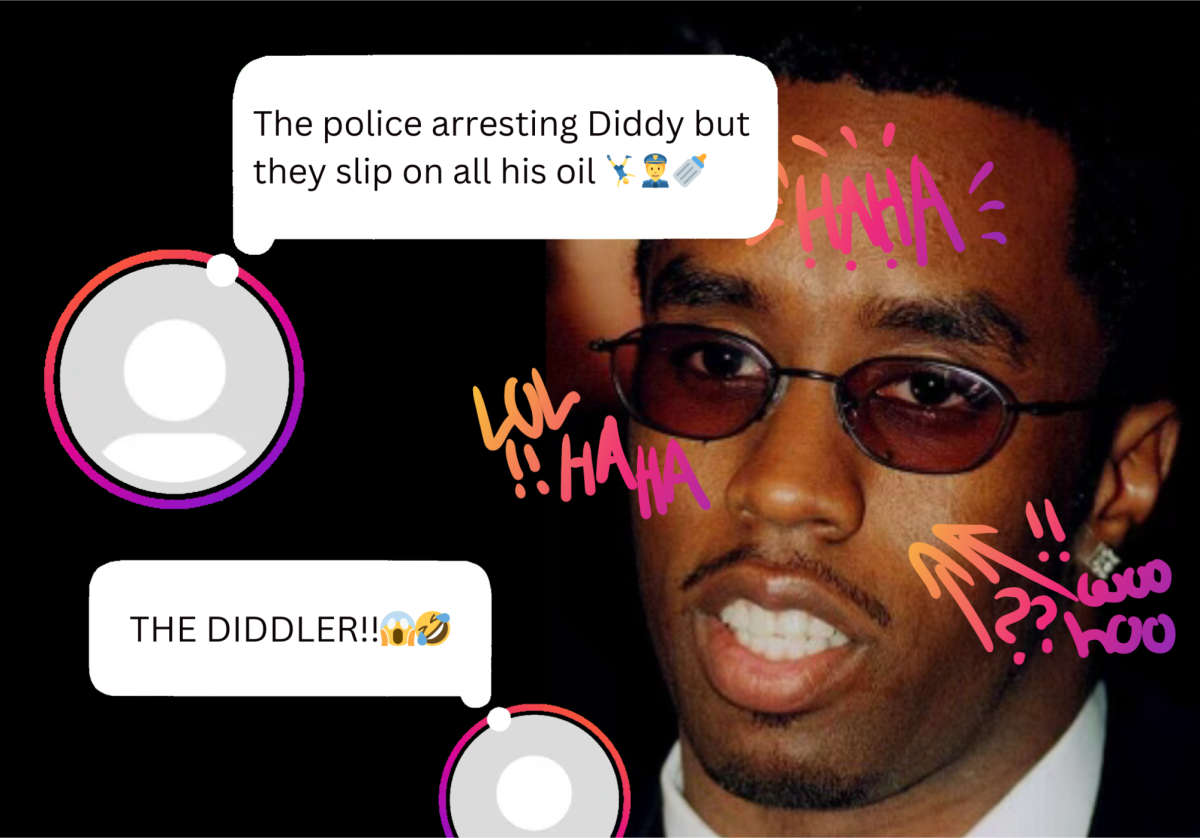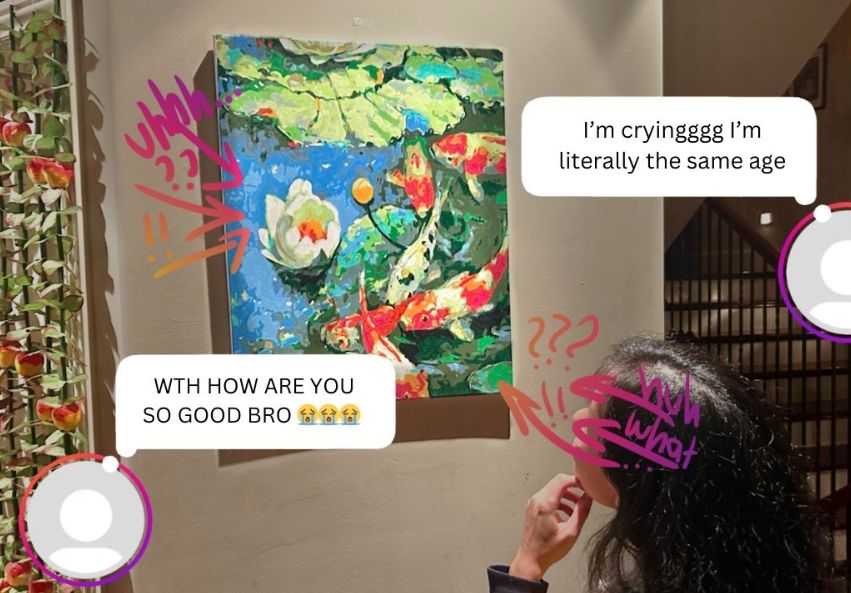Trigger warning: This story mentions sexual assault.
Students snicker to their friends and the classroom fills with laughter as fourth-period teachers announce the topic of the day’s advisory, Title IX, marking the annual showcase of the tea video. Title IX was a California federal law passed in 1972, prohibiting sexual discrimination, such as harassment, against students or peers in educational settings. Every year, all five FUHSD schools hold an advisory that discusses the ability of students to report sexual misdemeanors and gender-based discrimination experienced both on and off campus. This yearly advisory is notorious for the tea video — a light-hearted cartoon that attempts to address the topic of consent by comparing it to making a cup of tea. While without malicious intent, the comical demeanor of the video inadvertently diminishes the importance of consent education, as it creates an unserious environment for students to learn from.
Made in 2016 by YouTube channel Blue Seat Studios but popularized by Thames Valley Police, “Tea and Consent,” is a composition of hypothetical situations that allude to the topic of consensual intercourse. However, the portrayal of these situations is often harmful as it oversimplifies what consent is, often exchanging the fundamentals of the topic for a witty phrase, by equating drinking tea to sexual activity.
 The video’s biggest fallacy is oversimplifying consent through the depiction of tea — making someone a cup of tea after they don’t ask for it doesn’t seem harmful, but when you think of it in terms of consenting to sex or other situations, the stakes become much higher. This metaphor not only evades the actual topic, it also furthers the stigma around sex and consent and contributes to the lack of conversation surrounding it. While it might be a way for people to be more comfortable talking about stigmatized topics, it only serves to further condemn talking about consent and sex. Instead, we must destigmatize talking about sex through having serious conversations that do not rely on euphemisms to bring comfort to a topic that was perhaps never supposed to be comfortable in the first place. By making such terms more “appealing,” we lose the ability to talk about consent matter-of-factly, which is a crucial skill to bring to light the seriousness of the topic.
The video’s biggest fallacy is oversimplifying consent through the depiction of tea — making someone a cup of tea after they don’t ask for it doesn’t seem harmful, but when you think of it in terms of consenting to sex or other situations, the stakes become much higher. This metaphor not only evades the actual topic, it also furthers the stigma around sex and consent and contributes to the lack of conversation surrounding it. While it might be a way for people to be more comfortable talking about stigmatized topics, it only serves to further condemn talking about consent and sex. Instead, we must destigmatize talking about sex through having serious conversations that do not rely on euphemisms to bring comfort to a topic that was perhaps never supposed to be comfortable in the first place. By making such terms more “appealing,” we lose the ability to talk about consent matter-of-factly, which is a crucial skill to bring to light the seriousness of the topic.
Along with this, the video misconstrues the complexity of consent by simply depicting it as a ‘yes’ and ‘no’ option, overlooking sexual coercion and intoxication by merely mentioning “If they’re unconscious, don’t make them tea.” Sexual coercion is when an individual is pressured into partaking in intercourse. While the person may agree, this is not consent, as the individual has been pressured into their answer. Additionally, consenting under the influence of drugs or alcohol, even while still conscious, is not consent, as the individual is not in the correct state of mind to make decisions.
The way the video completely overlooks this is harmful, especially because a striking amount of sexual assaults, almost 30% of all sexual assaults and 70% of all assaults on college campuses, happen when the perpetrator, victim or both are under the influence of alcohol. This video creates a false narrative in which any ‘yes’ is valid, as long as they don’t change their minds or pass out. Completely looking past this aspect of consent is detrimental, as it can cause victims to blame themselves, and a sense of guilt builds up in victims.

Later, the video states, “If you say ‘Hey, would you like a cup of tea?’ and they’re like ‘um, I’m not really sure…’ then you can make them a cup of tea or not, but be aware that they might not drink it” which completely undermines the definition of consent. This reinforces the mentality of an unclear answer or doubt being a ‘yes.’ If someone expresses doubt about a sexual activity it should be taken as a no. This video perpetuates a dangerous idea that an individual may make further advances or proceed if an unclear answer is given instead of teaching that the individual should stop altogether.
At FUHSD, the frivolity of the video brings rise to humorous jokes and reactions from students every year. The analogy of tea is often snickered at, and in the days following the advisory, jokes about Title IX are quietly made behind teachers’ backs. Title IX seemingly loses its importance as students use the term in loose ways diminishing its definition. The jokes are also pertinent on social media where students say, “Can I make you a cup of tea?” Ultimately, the video fosters an environment where students can covertly make harmful jokes about sex and consent, as the metaphor of tea shields them from the consequences of making jokes about Title IX. Ultimately sex and consent are often awkward topics for adolescents and adults, so we need to destigmatize them by talking about these topics directly.
Instead of serving lukewarm tea, we need a fresh brew of consent education. While the “Tea and Consent,” video is well-intentioned, it undermines the Title IX advisory’s message by diminishing consent through humor and oversimplification. The video, published almost eight years ago, is outdated, and with the prominence of the #MeToo movement, it no longer properly covers comprehensive consent education. Instead, the video fosters a dismissive atmosphere where students may miss crucial information, hindering their ability to recognize and report abuse.
 In terms of advisory, we need to have more informative and up-to-date content to explore the topic of consent. However, it’s also our responsibility as students to be more serious when discussing the topic. The Title IX advisory should not solely cover the administrative and legal consequences and terms of sexual consent because consent education is just as important socially. Consent education today should be clear and pertinent to today’s generation by covering topics such as sexting or the sending of sexually explicit photos.
In terms of advisory, we need to have more informative and up-to-date content to explore the topic of consent. However, it’s also our responsibility as students to be more serious when discussing the topic. The Title IX advisory should not solely cover the administrative and legal consequences and terms of sexual consent because consent education is just as important socially. Consent education today should be clear and pertinent to today’s generation by covering topics such as sexting or the sending of sexually explicit photos.
The reality is consent and sex are not a cup of tea. So let’s stop addressing them as such and call them what they are to teach teens the real importance of sex and consent beyond an oversimplified analogy.












